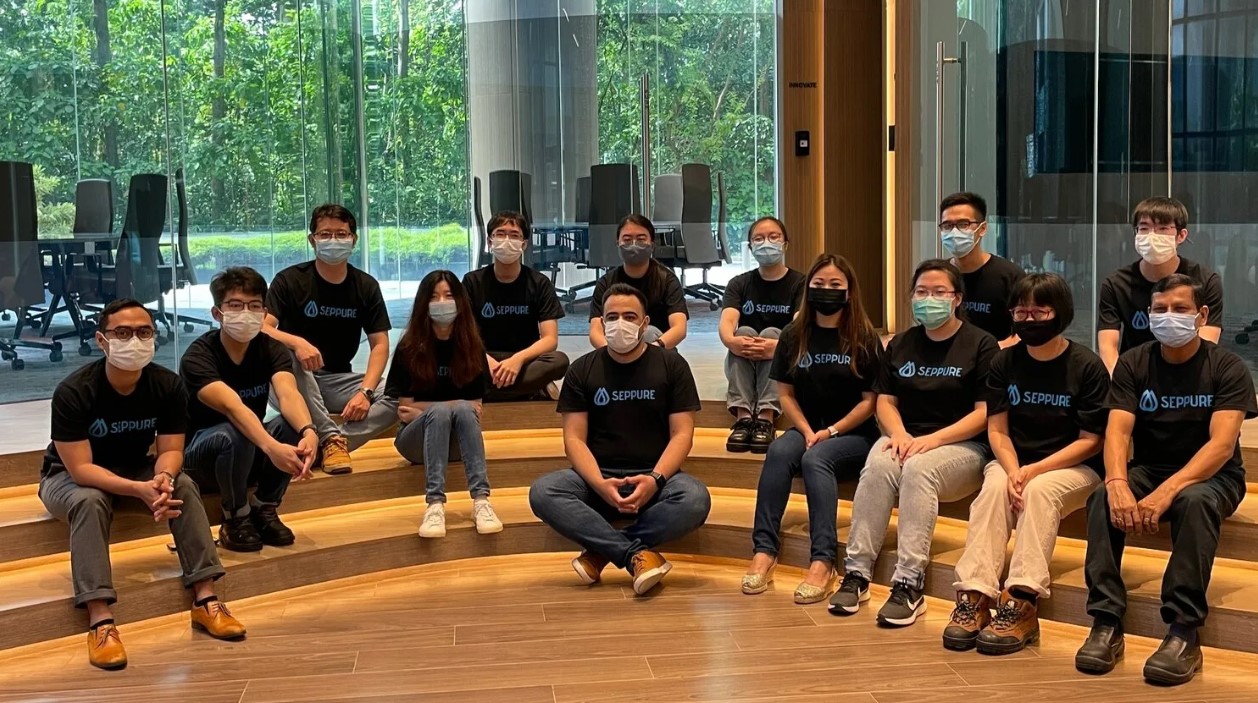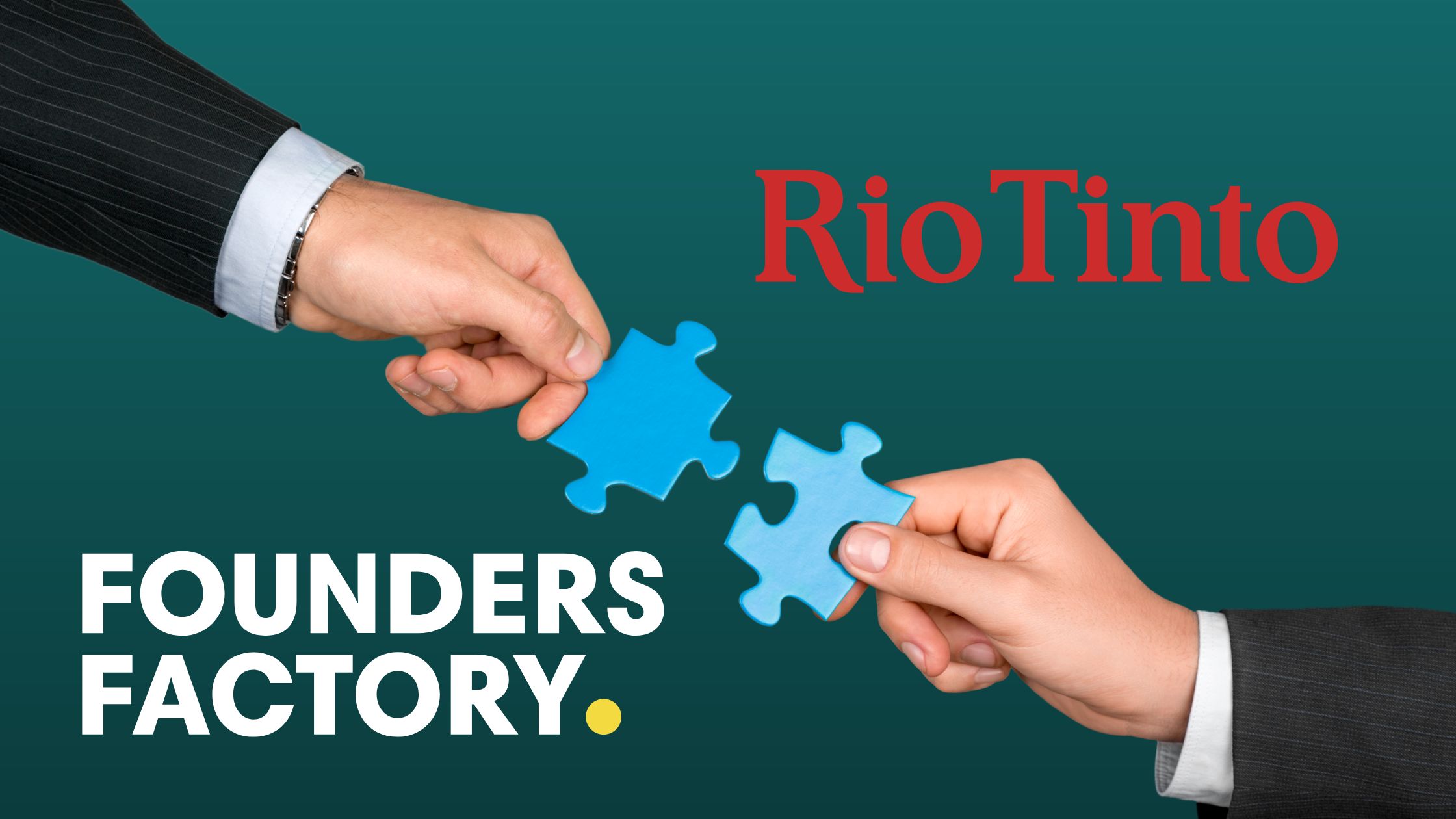AsiaTechDaily – Asia's Leading Tech and Startup Media Platform

SepPure Technologies raises $12m in Series A funding round
SepPure Technologies, an industrial chemical membrane technology company based in Singapore, has raised $12 million in funding from its recently concluded Series A round.
The round that was led by SOSV and saw the participation of Anji Microelectronics, RealTech Fund, Seeds Capital, and EPS Ventures, among others.
SepPure Technologies is behind the development of a highly sustainable, chemical-resistant, nanofiltration solution that separates chemical mixtures at a molecular level with minimal energy usage.
To date, the industrial chemical separation processes accounts for 15% of the global energy usage and 10% of CO2e emissions.
SepPure’s nanofiltration technology uses pressure-driven filtration instead of heat, which reduces energy consumption by as much as 90%. This filter technology is applicable across a wide range of industries, including chemicals, pharmaceuticals, semiconductor, maritime, and plant-based oils.
“The problem with existing technologies is that they burn through massive amounts of energy as they heat and cool chemicals through distillation and evaporation processes. In fact, these technologies have become one of the world’s largest silent polluters, accounting for up to 15% of the planet’s entire energy consumption. At SepPure, that is something we are determined to change,” said Dr. Mohammad Farahani.
Duncan Turner, general partner at SOSV and managing director at SOSV’s HAX, said that industries are currently racing to find less energy intensive and more climate friendly ways to re-invent their processes.”
And the separation technology that SepPure has invented works across many industries. At the same time, it is also very cost effective in comparison to the other existing solutions.
In addition to offering energy savings and climate benefits, SepPure also filters produce efficiencies, thus reducing operating expenses by as much as 50%.
The SepPure nanofiltration membrane is a standard industrial 4040 module, which is 4″ in diameter and 40″ in length. It contains thousands of patented, straw-like hollow fibers that provide 5x more surface area per volume than the competitor’s spiral-wound filters.
As part of its unique high flux design, SepPure’s membrane module is designed to be 5-10x faster than the competition.
The company’s module and nanofilters also tolerate a wide range of temperatures and pH levels, and these are available in various pore sizes to match separation requirements.
SepPure’s first filter production facility, a state-of-the-art facility that will produce enough products for several industrial projects that were developed since 2021, is under construction in Singapore, Dr. Farahani said.
Farahani added that his team is currently looking at expansion opportunities as they anticipate a growing demand for their modules.
He has expressed confidence that as soon as they begin implementing their technology solutions at customer sites, they will immediately reach their maximum capacity.
The company’s first commercial deployment is currently underway in Singapore, where SepPure’s technology was earlier tested for plant-based oil applications with major industrial players.
SepPure’s pipeline covers more than 50% of the top ten largest vegetable oil producers in the world.
Dr. Simon Choong, who joined the firm in November as its new CTO, said that SepPure’s membrane solution has the potential to revolutionize the chemical separation industry, similar to how the reverse osmosis membrane has transformed seawater desalination in the 1980s.
They can also apply similar principles to the separation of solvents.
Simon has an MIT PhD in membrane technology. He also commercialized a proprietary membrane-based technology and produced 7 patents when he was still with Gradiant International.





